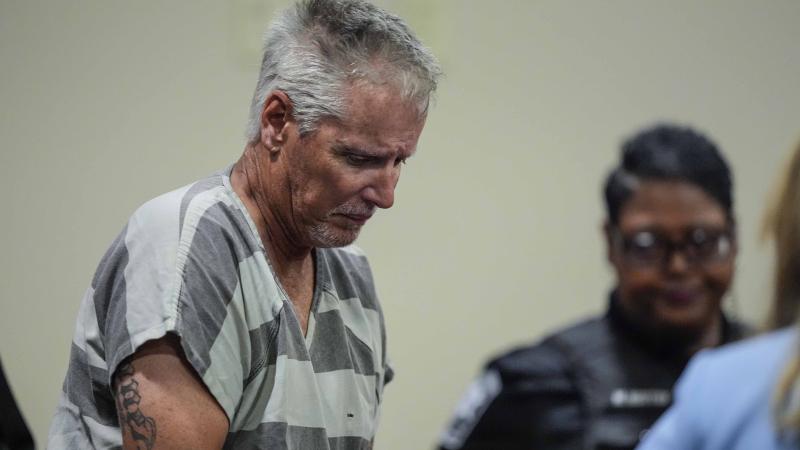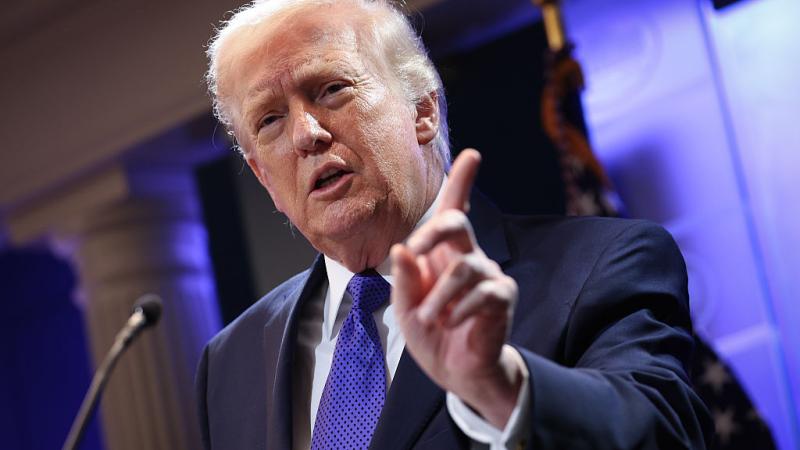COVID class-action splurge continues: university near White House pays $5M for shutting down class
Comparably sized but more prestigious Cornell paid far less this fall, suggesting big payouts could continue into 2024. Cheers from GWU law professor who encouraged students to sue university.
Class-action lawyers may have frowned when Cornell University agreed to pay just $3 million last fall to settle a lawsuit seeking tuition refunds from its shutdown of classroom instruction early in the COVID-19 pandemic – a far cry from Ivy League peer Columbia's $12.5 million payout for the same actions two years earlier.
They are likely grinning now that a comparably sized but less prestigious private university, blocks from the White House, has agreed to pay much more than Cornell, raising the prospect of more big payouts for class counsel well into 2024.
George Washington University reached a $5.4 million settlement in a class-action suit filed by students and parents that will give the class representatives up to $10,000 each, other eligible students "approximately" $193 each and no more than a third of the total for plaintiffs' lawyers.
Class members have until March 11 to file objections and exclude themselves from the settlement to preserve their legal right to sue GWU. They can also comment on its "fairness" to U.S. District Judge Richard Leon at an April 2 hearing for final approval.
GWU denied any wrongdoing and emphasized that it "transitioned to remote instruction in March 2020 amid the COVID-19 pandemic in accordance with District of Columbia legal mandates."
Cheering for the litigation and resulting settlement: one of GWU's most vocal and feisty law professors, John Banzhaf, who pioneered public interest lawsuits against Big Tobacco and has needled the administration on free speech and students' rights for years.
Banzhaf took a victory lap Thursday after GWU alerted eligible students, noting he publicly encouraged Revolutionaries and students nationwide to sue for refunds from COVID dorm evictions and warned colleges resuming "Zoom U" amid the Omicron variant surge they were legally vulnerable.
He also promoted and celebrated early rulings against universities, such as a Florida federal court's rejection of Barry University's argument that in-person and online education were functionally the same, which laid the groundwork for a $2.4 million settlement in fall 2021.
"This is kind of like purchasing a Cadillac at full price and receiving an Oldsmobile," U.S. District Judge Jose Martinez wrote Oct. 30, 2020 – a quip quickly cited by his Sunshine State federal peer Judge Rodolfo Ruiz as well as the Michigan Court of Appeals and Massachusetts Superior Court in similar cases.
It's not clear how many colleges have been sued for pandemic closures, but Times Higher Education reported last March that about 300 suits had been filed in the U.S., with then-recent settlements of $2.5 million to $9 million at both high-profile and lesser known universities. It cited the pending deadline for colleges to spend federal COVID aid as a key factor.
The University of Colorado followed in April with a $5 million settlement, and University of Delaware in June with $6.3 million, which covers "academics and extra-curricular activities," according to a Stateline review of class-action suits in August.
A federal judge approved the University of Minnesota's $3.25 million settlement last month, under which more than 50,000 students will get a paltry $38-40, KSTP reported.
While more class-action suits "continue to appear on court dockets," McDermott Will & Emery lawyers shared "promising trends" for universities in an Inside Higher Ed opinion essay last month.
Judges often reject motions to dismiss but have shown more reservations at the class-certification stage when it comes to whether common issues among class members "predominate over" individual issues, lawyers Lisa Gerson and Michael Ferrera wrote.
"Universities are seeing the greatest success at the summary judgment stage," because their student handbooks expressly cover emergency closures, local laws forced them to close or they incurred financial losses in transitions to remote learning, according to the essay.
GWU wasn't so lucky in March 2022 when the U.S. Court of Appeals for the D.C. Circuit reinstated claims that it breached "implied-in-fact contracts for in-person education" and "impliedly promised to provide on-campus activities and services in exchange for some of the student fees at issue."
But it took another 16 months until Judge Leon received a 71-page proposed settlement from the parties, and the settlement web address was registered the same day, July 31. The settlement says they engaged in "extensive discovery" after the suit's reinstatement and reached an "agreement in principle" during a "full-day mediation" on May 22.
Leon gave the settlement preliminary approval Dec. 12, according to the court docket, but Just the News could not find any announcement from the university or news media before this week. Google cached the settlement website Dec. 28.
The GW Hatchet implied the settlement notice had just been sent to students in its Jan. 3 report, which said the administration answered questions earlier in the day. The campus newspaper paraphrased a spokesperson as saying the university "celebrates its quick transition to remote instruction" in the spring semester.
The Facts Inside Our Reporter's Notebook
Links
- Cornell University agreed to pay just $3 million
- Columbia's $12.5 million payout for the same actions
- $5.4 million settlement in a class-action suit
- needled the administration on free speech and students' rights
- GWU alerted eligible students
- sue for refunds from COVID dorm evictions
- warned colleges resuming "Zoom U"
- Florida federal court's rejection of Barry University's argument
- $2.4 million settlement
- cited by his Sunshine State federal peer Judge Rodolfo Ruiz
- Michigan Court of Appeals
- Massachusetts Superior Court
- Times Higher Education
- Stateline review
- KSTP reported
- Inside Higher Ed
- U.S. Court of Appeals for the D.C. Circuit reinstated claims
- 71-page proposed settlement
- settlement web address was registered
- Google cached the settlement website Dec. 28.
- Jan. 3 report














